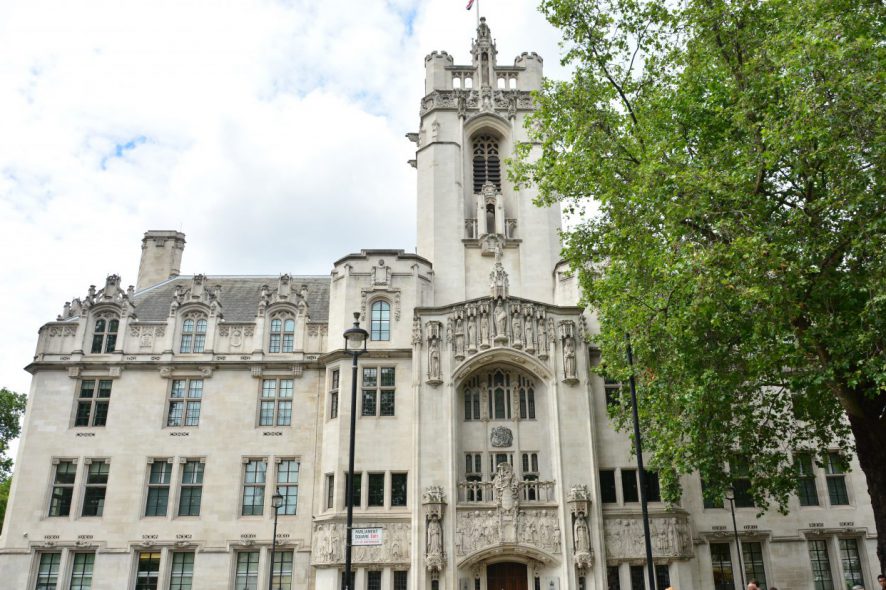Supreme Court of United Kingdom: Full Bench of Lady Hale (President), Lord Reed (Deputy President), Lord Hodge, Lady Black and Lord Kitchin, JJ., examined the considerations to be taken into account when deciding whether it is appropriate to award compensation to an employee for an invention made during employment. The instant appeal was filed by Professor Ian Shank (appellant) for compensation under Section 40 of Patents Act, 1977 for an invention made by him in 1982 that was granted patent and which provided benefit to his employer Unilever UK Central Resource Ltd. (3rd respondent/ CRL).
Appellant was the inventor of technology used in glucose testing for diabetics while he was employed at CRL, a wholly-owned subsidiary of Unilever Plc. In October 1982, Shank built the first prototype and was known as ECFD. Appellant accepted that right of his invention belonged to CRL from Section 39(1) of Patents Act, 1977 later these rights were given to Universal Plc. Universal Plc filed for the patents application for both ECFD and FCFD technologies. Since Universal was not interested in developing business so they did little to develop ECFD. Appellant left Unilever in October 1986.
The appellant represented by Patrick Green submitted that court didn’t consider that CRL was appellant employer and the entire Unilever Group can’t be considered as CRL undertaking. The argument was made it is impossible for an employee to establish benefits from the patent of a business and it will also be unjust to employ employee inventors.
The respondent represented by Daniel Alexander submitted that CRL should not be considered as undertaking because it never generated any material revenue and was neither the beneficiary of royalties in question. It was merely a service company for Unilever Group.
The exact amount of the compensation is to be determined in accordance with Section 41 of the Patents Act, which requires that the employee is awarded a “fair share” of the benefit which the employer has derived (or may reasonably be expected to derive) from the invention and/or the patent. To determine what constitutes a “fair share”, Section 41(4) of the Act provides a number of matters that must be taken into account, including the nature of the employee’s duties and remuneration, the effort and skill which the employee has devoted to making the invention, the contribution of other employees (be they joint inventors or not) and the contribution of the employer to the making, developing and working of the invention by the provision of advice, facilities and other assistance, opportunities, and managerial and commercial skill.
The Court analysed overall profit and turnover of Unilever Group and found there was an extreme disparity in numerical terms between the amount that Unilever received and the salary that the appellant was paid. It opined that the correct approach is to determine the part played by the size and success of the employer’s business as a whole in securing the benefit from the invention. Shank patent had produced a very high rate of return and Unilever made a small effort to commercialise it. Unilever had generated benefits from Shank’s patent.
The appeal of Professor Shank was allowed and it was held that Universal and CRL had an outstanding benefit from the patents of Shank and fair share was not given to appellant. Professor Shanks was awarded £2m compensation, roughly a 5 per cent share of the £24m benefit derived by Unilever from the invention, uplifted from 1999 at an average inflation rate of 2.8 per cent. [Shanks v. Unilever Plc, [2019] 1 WLR 5997, decided on 23-10-2019]






